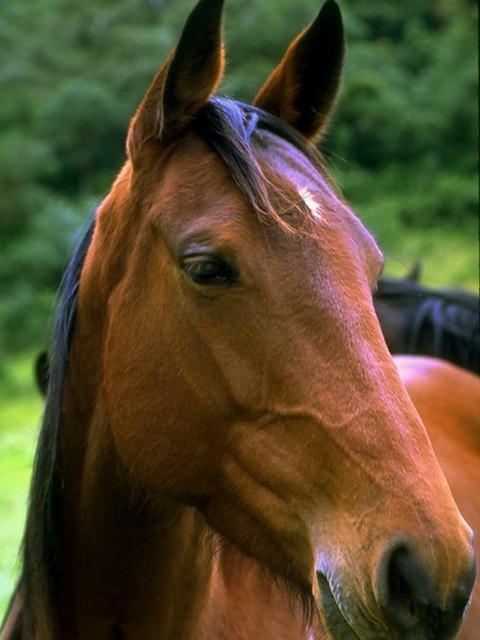Wednesday, October 7, 2015 - Research funded by the USDA and carried out by researchers at the University of Florida suggests that ranchers, farmers  and horse owners can use parasitic wasps to control house and stable fly population and do not need to rely on environmentally damaging pesticides to do the job.
and horse owners can use parasitic wasps to control house and stable fly population and do not need to rely on environmentally damaging pesticides to do the job.
Parasitic wasps lay eggs inside the fly's puparium, a shell filled with fly larva. When the wasps hatch, they eat the pupa. According to the research team leader, Erika Machtinger, they tested two different species of parasitic wasp. The Spalangia species preferred equine manure, and the Muscidifurax species preferred bovine manure, indicating benefits to cattle ranchers as well as horse owners.
The article, published in the Journal of Integrated Pest Management, should be a big help for those looking for an effective biological fly control while avoiding excessive insecticide use. The report offers advice on how to match the proper parasitoid with the resident fly species, and also provides information on how to safely and effectively release and manage wasps on a farm.
COMMENT: This is ‘déjà vu’ all over again. I remember using trichogramma wasps in a fly control program back in the early 1970’s. I’m glad to see university research is finally catching up.
Learn more here